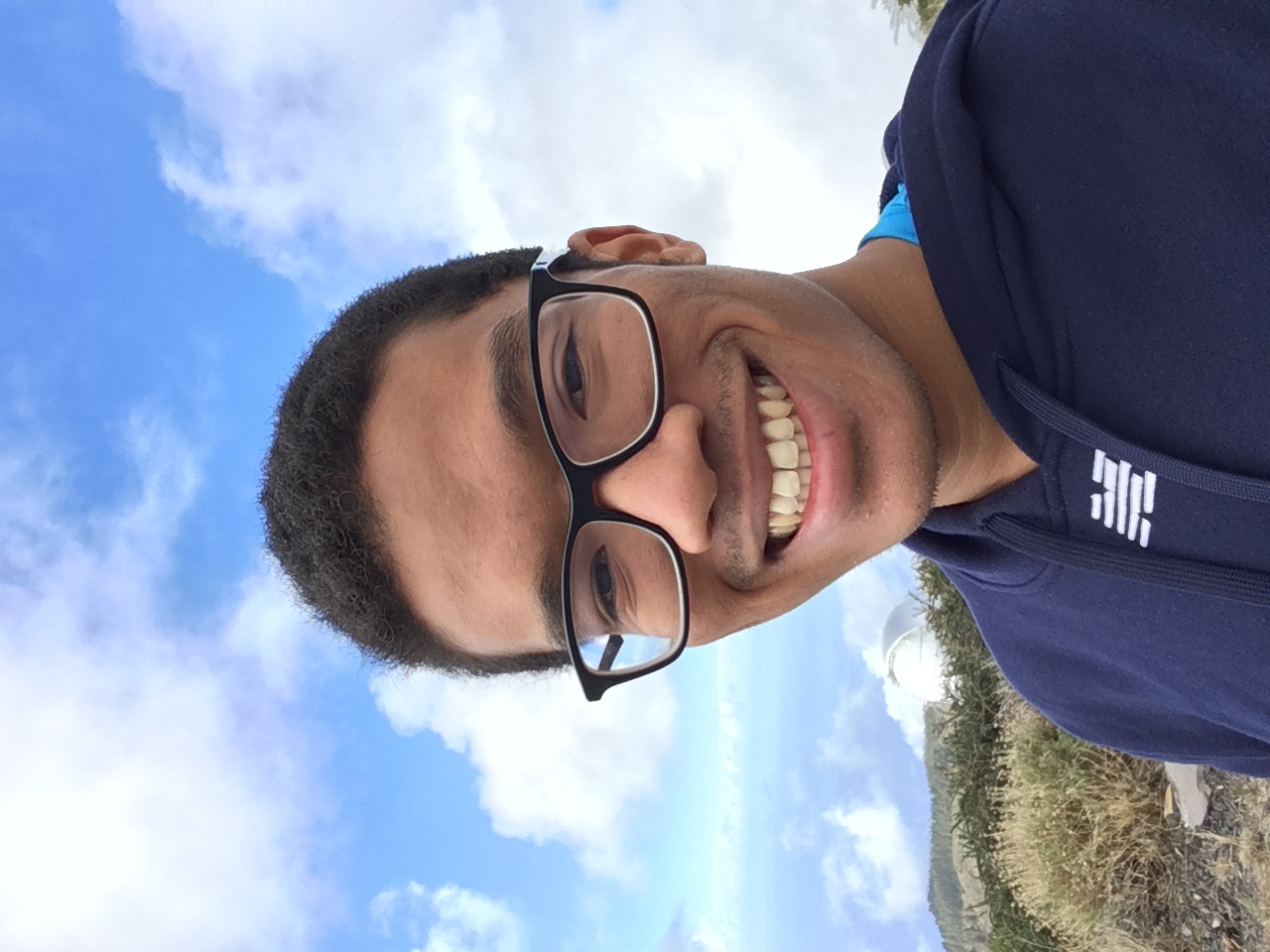- The Exoplanet Lab
- About
- Educator Guide
- Advisors
- Experts
- Credits
-
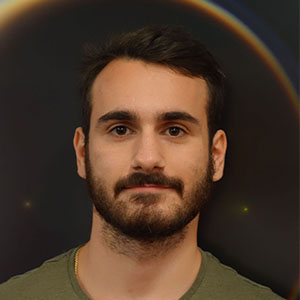
David Berardo | PhD Candidate
I use space telescopes to discover and characterize new exoplanets.
[+] MORE
My research interests focus on discovering and understanding new worlds. Using space telescopes such as TESS and Kepler, I primarily use the transit method to study planets that orbit other stars. This covers a range of topics, from understanding the physical scenarios that formed these planets, to what they look like today. As our understanding of exoplanets advances, we can start to ask more detailed questions about what the surface of an exoplanet looks like. Does it have an atmosphere, or an ocean, or winds? How fast are they rotating? Do they look like the planets we have in our solar system, or do they look completely different? These are the kinds of questions we can start to tackle, as instruments get more precise and also as the number of known exoplanets continues to skyrocket, well past 4000 now!
What is your favorite exoplanet and why?
HD 189733 b is my favorite exoplanet. It's a Jupiter sized exoplanet with one of the most well studied atmospheres. What really excites me about is that it was the first exoplanet whose surface was mapped out in two dimensions! Most exoplanets have a rough measurement of their dayside and nighttime temperature. But for HD 189733 b, a technique known as eclipse mapping was used to determine how bright the planet is at every point on its surface. This planet thus represents the first steps towards mapping out exoplanets, and being able to study complex features such as wind patterns, oceans, and even continents!
What advice do you have for young people that are interested in pursuing a career in your field?
There's a lot of really got content, put out by both schools as well as individuals, on places like youtube and other social media platforms. This can be a great way to learn about the basic concepts and ideas involved in astronomy, which you can then use as a solid background when you someday take your first astronomy course! I would also recommend you start practicing coding! It can seem intimidating at first, but learning even a small amount of coding means you can start doing all kinds of interesting things with astronomy data, a lot of which is public! And if you intend to get into astronomy full time, coding is an absolutely necessary skill, so the earlier you get started the easier it'll be.
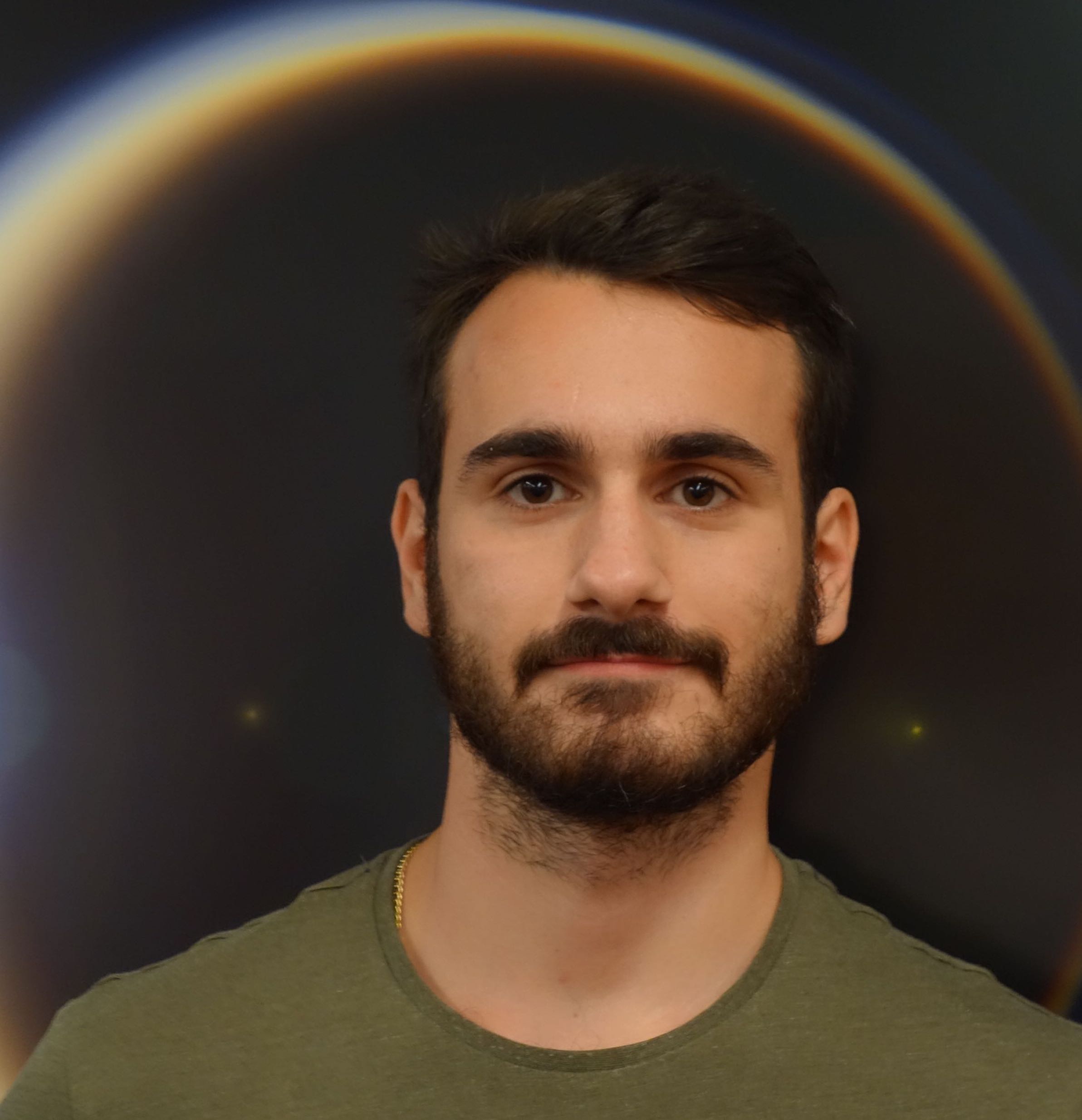 I use space telescopes to discover and characterize new exoplanets.
I use space telescopes to discover and characterize new exoplanets.https://space.mit.edu/people/berardo-david/
[-] LESS
-
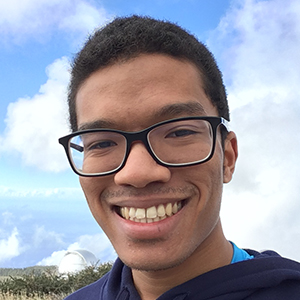
Theron Carmichael | Astronomer
I use telescopes to detect and characterize stars and rare objects called "brown dwarfs".
[+] MORE
My research is focused on detecting rare objects called "brown dwarfs" that are in orbit around stars. Brown dwarfs are known as the objects that are between planets and stars. I am trying to understand why brown dwarfs that orbit stars are so rare as well as looking for a better to describe how a brown dwarf orbiting a star is different than a planet orbiting a star.
What is your favorite exoplanet and why?
XO-3b because it is one of the most massive exoplanets and is on the boundary between giant planets and brown dwarfs.
What advice do you have for young people that are interested in pursuing a career in your field?
If you have a question, ask it! There is so much to learn in astronomy and even professional astronomers have to ask questions everyday since that is the only way we can all learn more about the universe.
I use telescopes to detect and characterize stars and rare objects called "brown dwarfs".https://www.theroncarmichael.com/research
[-] LESS
-
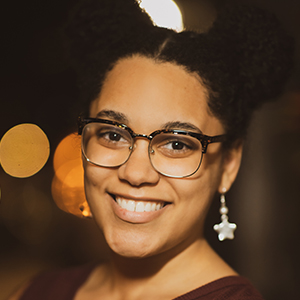
Moiya McTier | Astrophysicist and Folklorist
I study how the motion of the Milky Way affects planets throughout the galaxy to figure out if there's a place where life is most likely to form.
[+] MORE
I use theoretical models and data from space-based telescopes to study the motion of the Milky Way and how it affects planets. Some people call my work the search for a "Galactic Habitable Zone," or a place in the galaxy where life is most likely to form. So far, I've learned that the center of the galaxy probably isn't a good place to search for life.
What is your favorite exoplanet and why?
Kepler-186f because I studied it in college, but I've mostly forgotten everything I learned about it.
What advice do you have for young people that are interested in pursuing a career in your field?
1. You don't have to love stargazing to be an astrophysicist. I didn't find astronomy until college and I still don't really enjoy looking at the night sky.
2. If you want to do astronomy research, try out a bunch of different sub-fields (planets, stars, galaxies, cosmology, etc.) before you pick one to focus on.
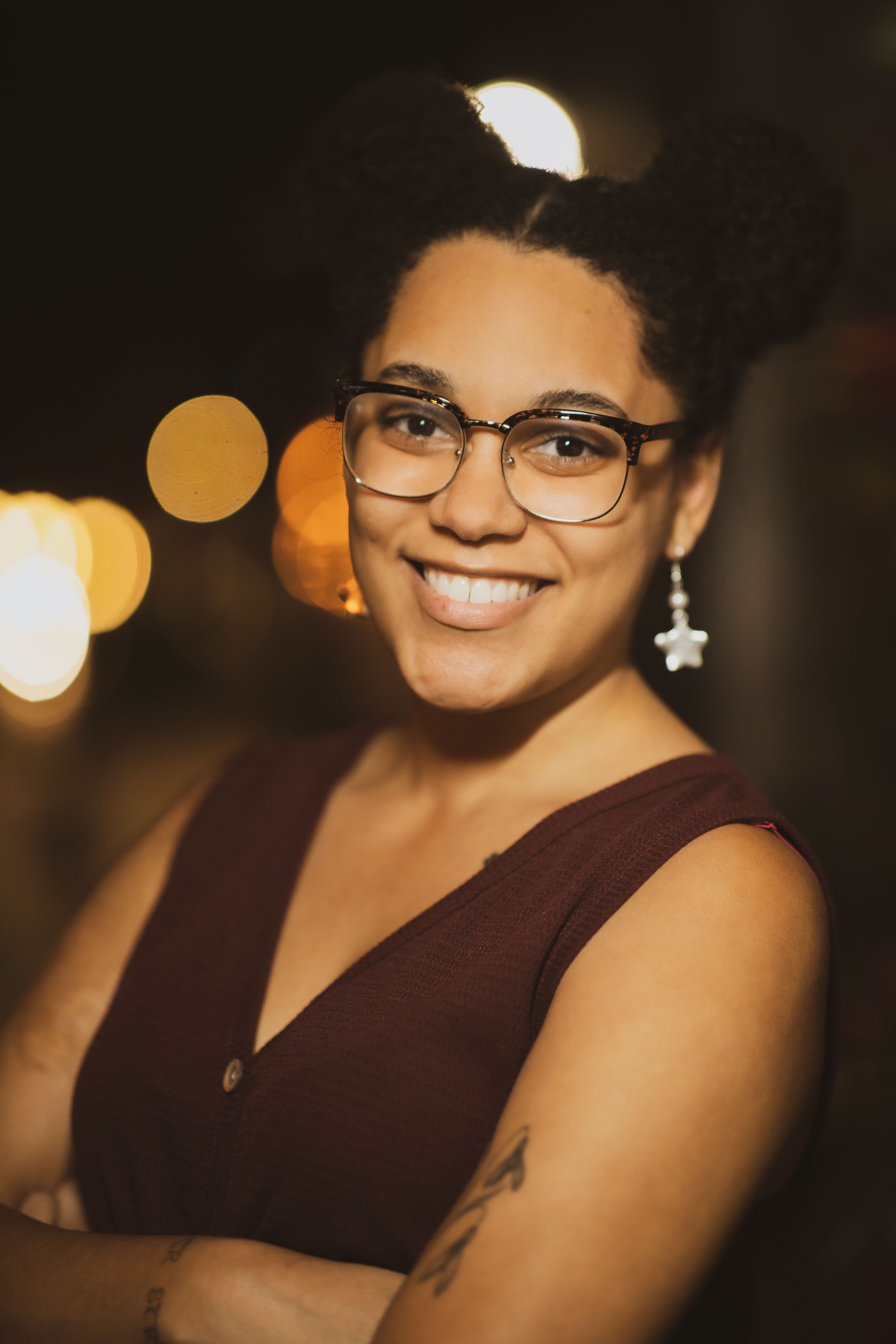 I study how the motion of the Milky Way affects planets throughout the galaxy to figure out if there's a place where life is most likely to form.
I study how the motion of the Milky Way affects planets throughout the galaxy to figure out if there's a place where life is most likely to form.Moiya McTier
[-] LESS
-
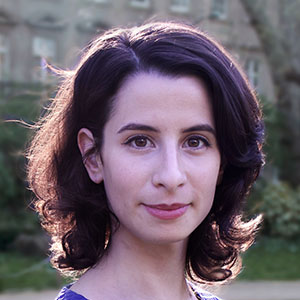
Clara Sousa-Silva | Astrophysicist
I study how molecules interact with light so I can characterize alien atmospheres.
[+] MORE
I am a molecular astrophysicist, and I use quantum physics and computer simulations to figure out what molecules look like when they interact with light. I then use these molecular fingerprints to deduce what the composition of any atmosphere is, be it on Earth or elsewhere in the galaxy. Light from an atmosphere can tell us so much - whether we are seeing pollution, oceans or even life. But without knowing what each meaningful molecule looks like, that light is indecipherable.
My favorite biosignature, or marker for life, is phosphine. On Earth it is mostly a terrifying molecule that smells really bad. But to life that doesn't like oxygen, it is a great biosignature. I have been working on phosphine for over a decade, and I like it because if we detect it on an alien world, it can only mean life.
What is your favorite exoplanet and why?
Venus, because it is so similar to Earth in so many important ways (size, composition) and so different to Earth in crucial ways (too hot, and so much acid!). It showcases how varied even seemingly similar planets can be. Venus used to be habitable, but a runaway greenhouse effect made it mostly uninhabitable. It now has a hellish surface, but potentially habitable atmospheric layers, so there could still be a small, struggling aerial biosphere on it.
What advice do you have for young people that are interested in pursuing a career in your field?
You don't need perfect grades to be a good scientist. You do need to want to do it, because it is often hard. To enjoy the job, I think you need a combination of enjoyment of the "big picture" (do you like answering big complicated questions? do you find science interesting?) and enjoyment of the daily tasks (do you like having to learn almost everyday? do you like programming? do you like lab work?). You don't need to answer "yes" to all of these questions all of the time, but it helps if you can answer yes to some of these question most of the time.
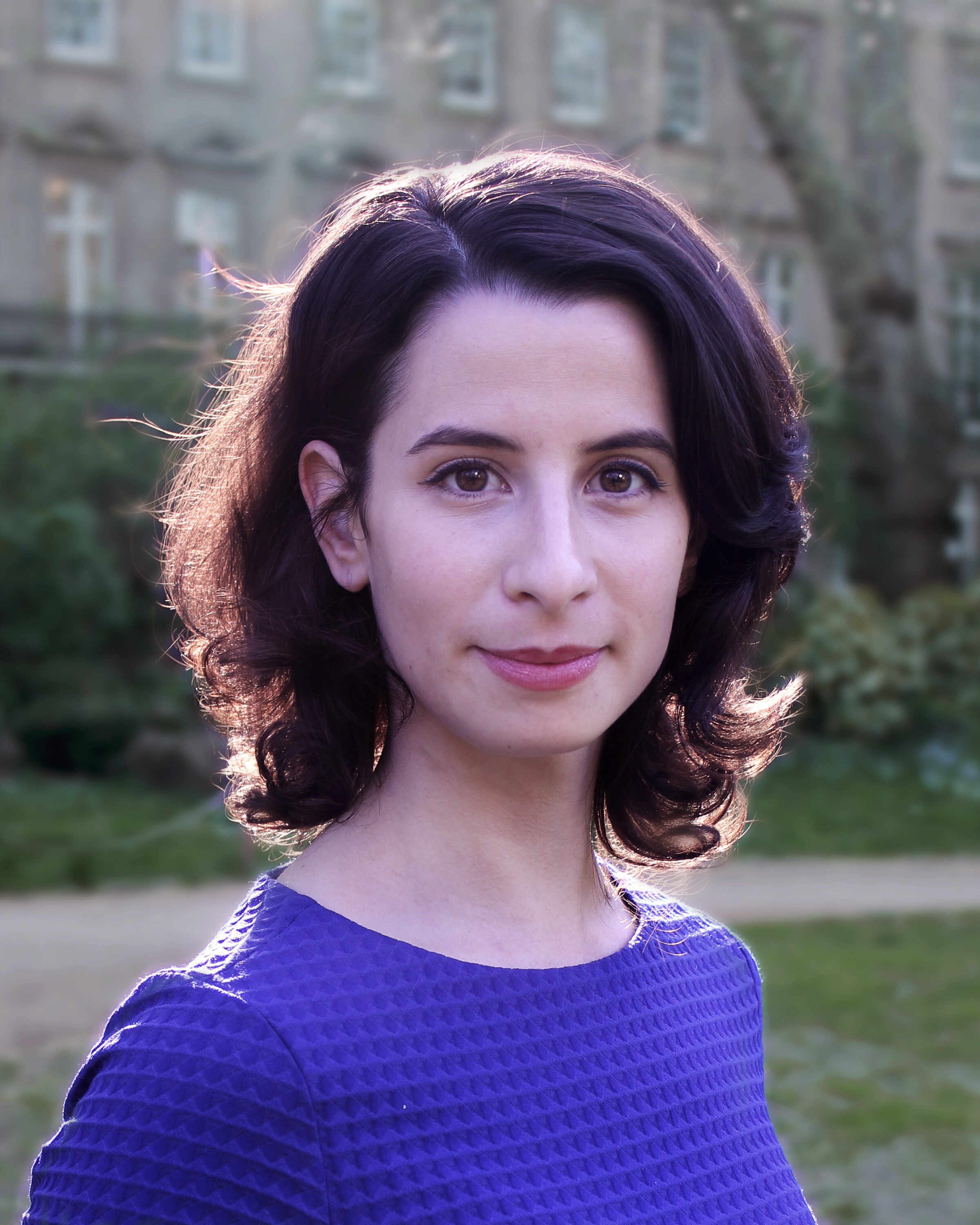 I study how molecules interact with light so I can characterize alien atmospheres.
I study how molecules interact with light so I can characterize alien atmospheres.[-] LESS
-
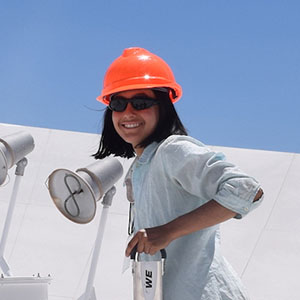
Anjali Tripathi | Research Associate
I explore the earliest stages of planet formation by observing disks around young stars.
[+] MORE
I study how planets form and evolve. Planets start out no bigger than smoke and pebbles, in what are known as protoplanetary disks, around young stars. I observe these disks for clues about how microscopic particles grow into the much larger planets we see today. To do this, I use radio telescopes, made up of antenna dishes across miles, to look inside protoplanetary disks and map where these solids are located. By comparing these measurements to theoretical models, we can learn how gas and solids move together to form planets. Studying planet formation helps us answer the questions of why are there so many exoplanets, why are they so different from our own, and what else might be out there, beyond what we currently see.
What is your favorite exoplanet and why?
The first exoplanet discovered by the public: Planet Hunters 1 (PH1b). It was found by volunteers from Planet Hunters [consider hyperlinking to https://www.zooniverse.org/projects/nora-dot-eisner/planet-hunters-tess] - a citizen science project that invites anyone to look at transit data and identify potential planets, like in this NOVA lab. PH1b was Planet Hunters’ first discovery, and it’s the first exoplanet discovered in a system with four stars. It orbits a binary star system, and two more stars orbit around it. Having four suns makes PH1b not only an interesting place to watch sunset, but also an interesting test of planet formation theories. What will you discover?
What advice do you have for young people that are interested in pursuing a career in your field?
Take advantage of the internet and local resources to immerse yourself in astronomy and space exploration. Whether reading books, watching videos, or even just following daily updates like the Astronomy Picture of the Day [consider hyperlinking to http://apod.nasa.gov/], join us! The best way to get involved is by doing. A lot of astronomy involves working with computers, so try out coding if you can. If you want to go further, I encourage you to seek out opportunities to do science projects or research. Citizen science websites like Planet Hunters let you get a taste of working with real data. There are summer programs offering research experiences for high school and college students. Beyond that, don’t be afraid to write to a scientist and ask if there are ways to get involved. For me, seeking out research experiences and mentors were key to becoming a scientist.
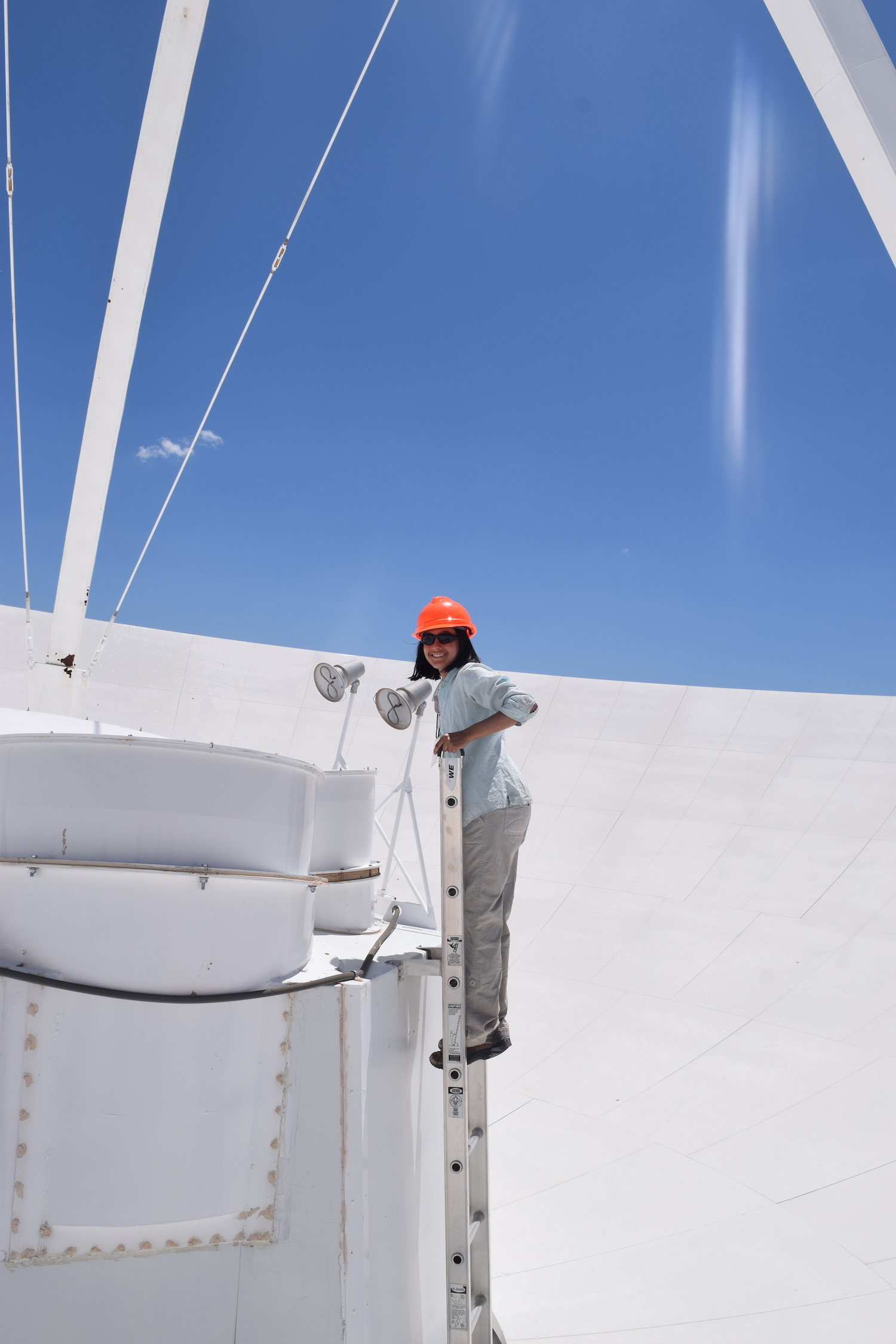 I explore the earliest stages of planet formation by observing disks around young stars.
I explore the earliest stages of planet formation by observing disks around young stars.https://www.cfa.harvard.edu/~atripath/
[-] LESS

